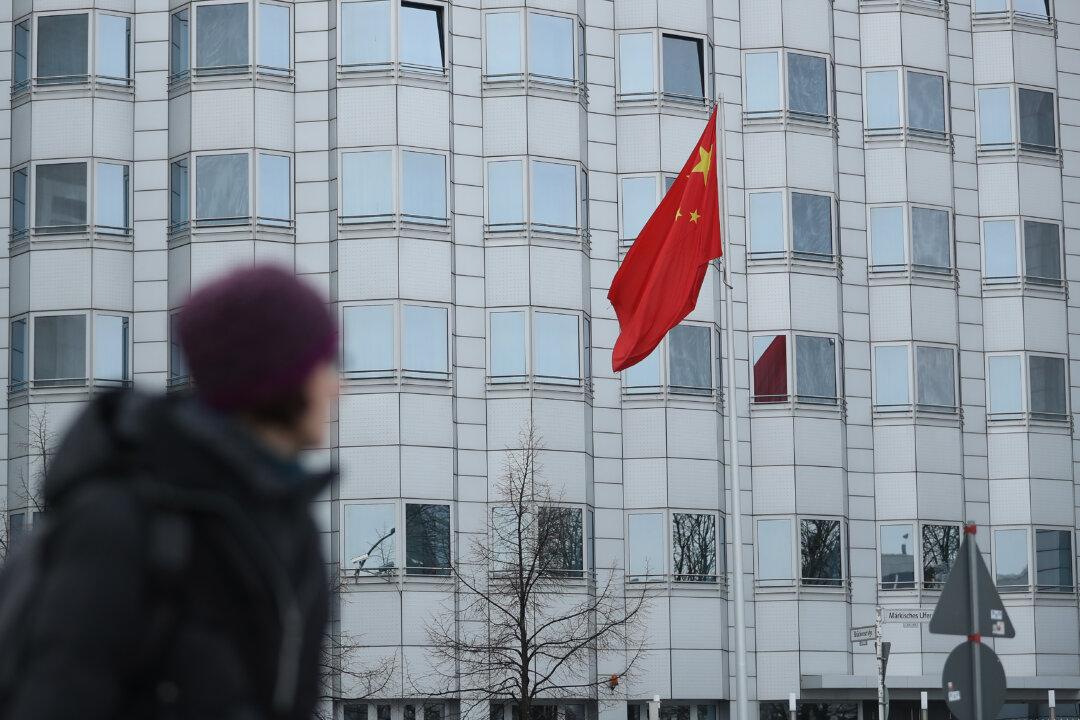BELGIUM’S ALLEGED CHINESE SPY
A Belgian politician has been booted from his party after allegedly serving as an asset for a Chinese communist spy ring for years.
Frank Creyelman, a former senator and honorary member of the Belgian Parliament, allegedly sought to influence European policy on China-related issues and to worsen U.S.-European relations on behalf of the Chinese Communist Party (CCP), according to a trove of leaked text messages.
Creyelman served in various positions in the Belgian Parliament from 1995 to 2014, at one point acting as chairman of the Committee on Foreign Policy, European Affairs, and International Cooperation.





